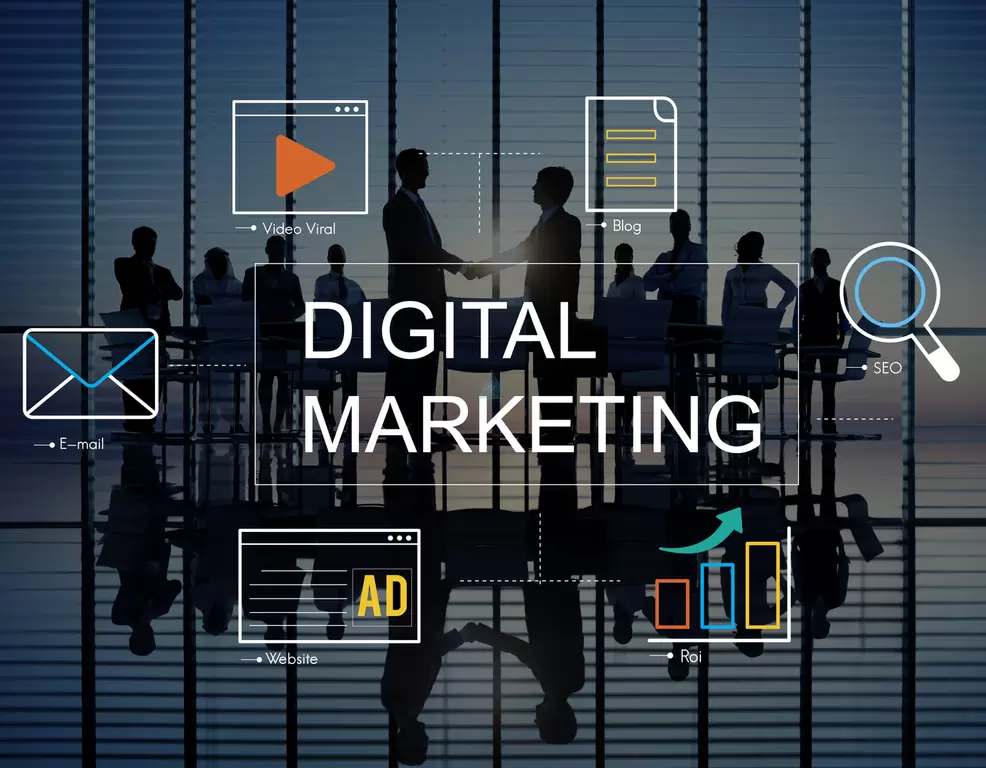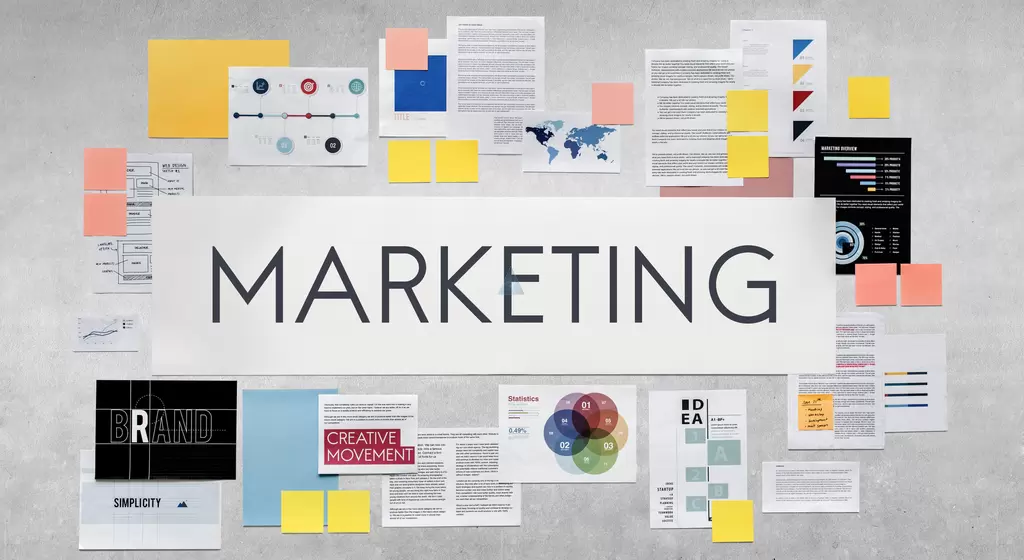- Call Us: +905323690748
- EMail: [email protected]
- Akarca, Mustafa Kemal Blv. No:173/B, 48300 Fethiye/Muğla

The Role of Automation in Scaling Your Digital Marketing Efforts
In today's fast-paced digital landscape, automation plays a crucial role in enhancing and scaling marketing efforts for travel businesses. By streamlining repetitive tasks such as email campaigns, social media posting, and customer segmentation, automation allows marketers to focus on strategy and creativity. Automated tools can analyze customer data, enabling personalized marketing that resonates with specific audiences. This not only improves engagement but also drives conversions. Additionally, automation facilitates real-time performance tracking, helping businesses refine their strategies on the go. Embracing automation empowers travel marketers to reach wider audiences efficiently, ensuring they stay competitive in an ever-evolving market while delivering exceptional customer experiences.
In the fast-paced world of digital marketing, automation plays a pivotal role in scaling efforts and maximizing efficiency. It allows businesses to streamline repetitive tasks, enhance customer engagement, and achieve better results with minimal manual intervention. By leveraging automation tools, marketers can analyze data, segment audiences, and deliver personalized content at scale. This not only saves time but also allows for more strategic focus on creative and high-impact initiatives. With the right automation strategies, companies can nurture leads, optimize campaigns, and ultimately drive growth while maintaining a consistent brand presence across multiple channels.
As the digital landscape continues to evolve, the integration of automation into marketing practices has become more crucial than ever. For travel guide websites, utilizing automation can significantly enhance the customer journey. Automated email campaigns can keep potential travelers informed about new destinations, travel tips, and special offers, thereby nurturing leads effectively. Social media scheduling tools enable consistent posting, allowing businesses to engage with their audience without the need for constant manual updates. Furthermore, chatbots can provide instant assistance on websites, answering common inquiries and guiding users through the booking process.
Automation also plays a vital role in data analysis. By using analytics tools, travel marketers can gain insights into customer behavior, preferences, and trends. This data-driven approach allows for more targeted marketing efforts, ensuring that the right message reaches the right audience at the right time. For instance, understanding peak travel seasons can help in crafting timely promotions that resonate with potential travelers.
Moreover, automation facilitates A/B testing, enabling marketers to experiment with different strategies and determine what resonates best with their audience. This iterative approach not only optimizes marketing campaigns but also enhances overall user experience. By continuously refining strategies based on real-time data, travel businesses can remain competitive in a crowded market.
However, it's essential to strike a balance between automation and the human touch. While automation can handle many tasks, personal interactions and authentic connections still play a critical role in building trust with customers. Therefore, integrating personalized communication within automated systems can yield the best results.
In conclusion, the role of automation in scaling digital marketing efforts cannot be underestimated. For travel guide websites, it offers a pathway to enhance efficiency, improve customer engagement, and drive growth. Embracing automation while maintaining a focus on personalization will enable businesses to thrive in an increasingly competitive landscape, ensuring that they can provide valuable information and experiences to travelers around the globe.
















